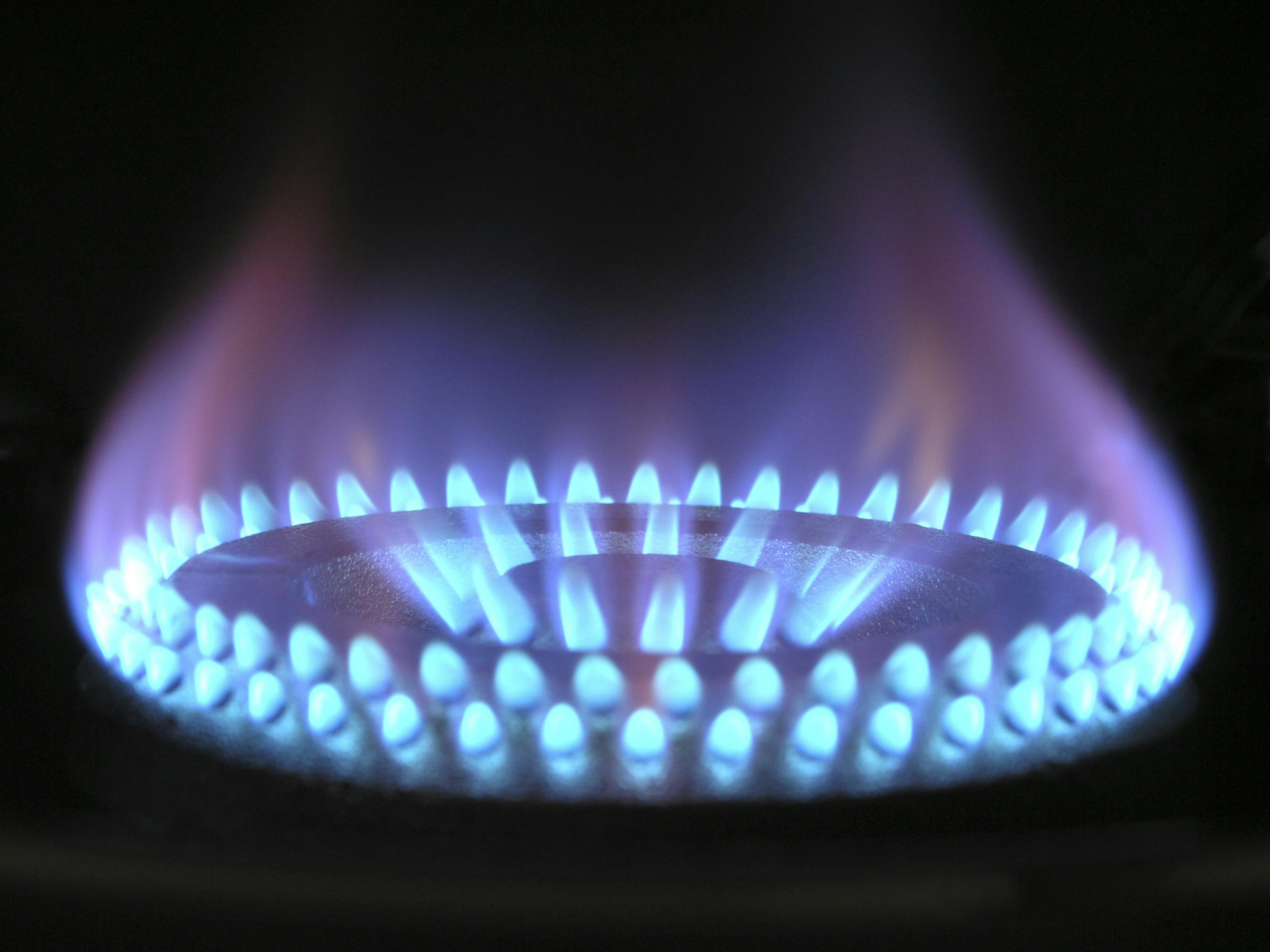Australia’s new gas plans continue its reliance on fossil fuel exports, contradicting its urgent need for climate change mitigation to gamble on the future.
 A gas stove element burns : Pexels.com https://www.pexels.com/creative-commons-images/
A gas stove element burns : Pexels.com https://www.pexels.com/creative-commons-images/
Australia’s new gas plans continue its reliance on fossil fuel exports, contradicting its urgent need for climate change mitigation to gamble on the future.
“Hey people, look around you, the signs are everywhere, You’ve left it for somebody other than you, to be the one to care …”
When Jackson Browne sang those words in 1972, John Stanley Sawyer’s paper Man-Made Carbon Dioxide and the “Greenhouse” Effect was published in the academic journal Nature.
Both turned out to be prescient. Sawyer’s book predicted how the burning of fossil fuels would dramatically change our atmosphere. Browne accurately foretold how many governments would react.
Fast-forward to mid-May 2024, and German geographer Jan Esper and his co-authors have just published in Nature that 2023 was the hottest summer in 2,000 years, 2.20 degrees Celsius above pre-industrial times.
And the reason is terrifying — as a new analysis involving 80 scientists reported in Science in December 2023 today’s human-driven atmospheric CO2 that traps heat from the sun are probably at their highest for 14 million years.Science in December 2023 — today’s human-driven atmospheric CO2 that traps heat from the sun are probably at their highest for 14 million years.
Signs everywhere show that accelerating climate change and its consequences impact every aspect of our environment, health, lives and future.
Scientists are leading the call for immediate action to rapidly halt the use of fossil fuels.
Yet the Australian government’s new Gas Strategy, combined with verbal, financial and policy support for new gas, leaves no doubt that the claws of fossil fuel addiction remain deep in Australia.
Instead of containing firm, urgent and sufficient plans to heal this addiction, the strategy reveals a macabre affection and excitement for the continued role of gas beyond 2050. Four misconceptions promoted by marketing surrounding the plan need to be clarified.
First, research shows that gas is not better for the climate than even coal and far worse than renewable energy sources, especially in Australia, where vast quantities of our gas undergo additional energy intensive processes.
These include liquifying at -162 degrees Celsius to produce LNG, loading and shipping for export — not for domestic use.
The unhindered rise in shale and coal seam gas production, and parallel growth of LNG production, has overshadowed global drops in coal consumption.
Second, research indicates that gas developments pose significant risks to our environmental health, including air and water quality, soil health, biodiversity, the offshore seabed and water and food security.
Third, research shows that gas is not safe for people, finding increased levels of birth defects, childhood blood cancers, asthma attacks, heart attacks and heart failure and lower life expectancy among those living near gas production and impacts on those burning gas in stoves without ventilation.
A Boston University study estimated that air pollution alone from the US fracking industry causes more than 7,000 premature deaths and USD$77 billion in health costs and losses.
Finally, the Climate Council published a detailed report on how we can “make things here” in Australia — urging a scale-up of new industries powered by renewable energy — not powered by new gas.
While the 2024-25 budget did not explicitly earmark significant funding for gas expansion, The Australia Institute identified AUD$14.5 billion in 2024 and $54 billion locked in to 2027-28 to promote the production and use of fossil fuels.
Further research from the Australia Institute highlights the failure of the government to strengthen the Petroleum Resources Rent Tax in the Gas Strategy as a missed opportunity to increase at least the benefits of the industry’s super profits to Australians.
Besides financial breaks, parliament is also implementing policy measures favourable to the gas industry.
These include the passage of the Sea Dumping bill, which would allow carbon capture and storage companies to bury CO2 emitted through oil and gas production under the seabed. This practice has been highly criticised and is considered an unproven, and potentially disastrous activity.
Australian Foreign Minister Penny Wong left no doubt of her support as she chastised opposition members in the Senate for voting against the wishes of gas giants such as Santos, Impex and Woodside.
Many, like the Institute for Energy Economics and Financial Analysis, see carbon capture as “distracting from global decarbonisation efforts while allowing the oil and gas industry to conduct business as usual” .
Similarly, there is vast disappointment in the failure of the government to deliver on the promise of significant reforms on our severely flawed environmental protection and biodiversity conservation laws- another gift to the environment and climate-damaging industries.
As a Professor of Public Health, Environmental Wellbeing and Geosciences, I spend lots of time in classrooms with young people who are desperate for answers. Each year it gets harder to help them see hope as governments greenwash and slam shut the window on meaningful climate action.
Many students find solace in knowledge shared by Aboriginal and Torres Strait Islander people who embrace the wisdom of their ancestors who lived for thousands of years in harmony with their environment. These voices must also guide renewable energy developments, especially new minerals mining, to ensure the protection of the land and its custodians. That process can begin immediately.
Whatever the formal Senate Inquiry decides and politicians think, future generations deserve our utmost duty of care for their future and the imperative of being a good ancestor.
Melissa Haswell is a Professor of Practice (Environmental Wellbeing) and Honorary Professor (School of Geosciences) at the University of Sydney and Member of the Sydney Environment Institute
Originally published under Creative Commons by 360info™.
Editors Note: In the story “Energy” sent at: 27/05/2024 13:19.
This is a corrected repeat.







